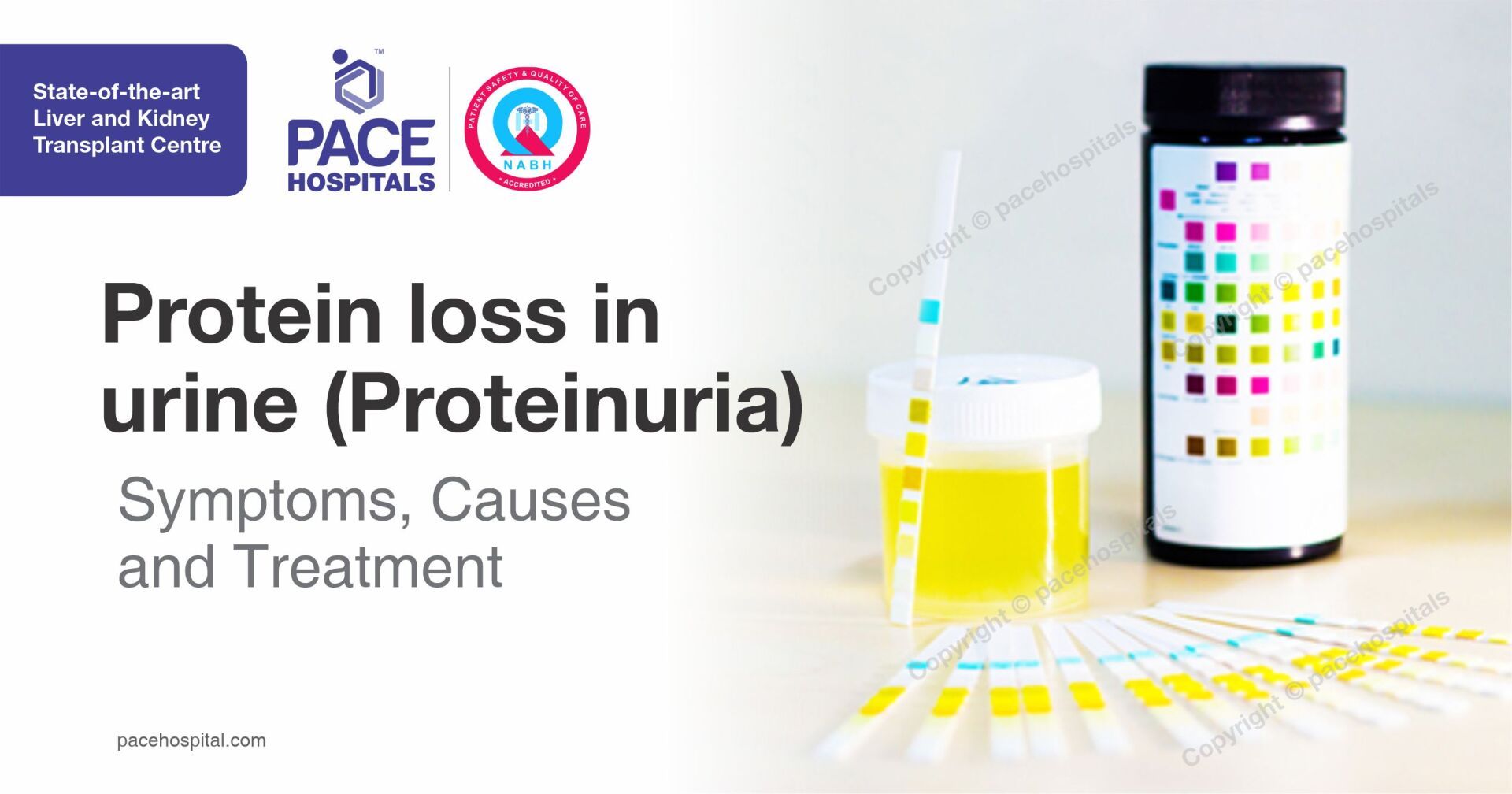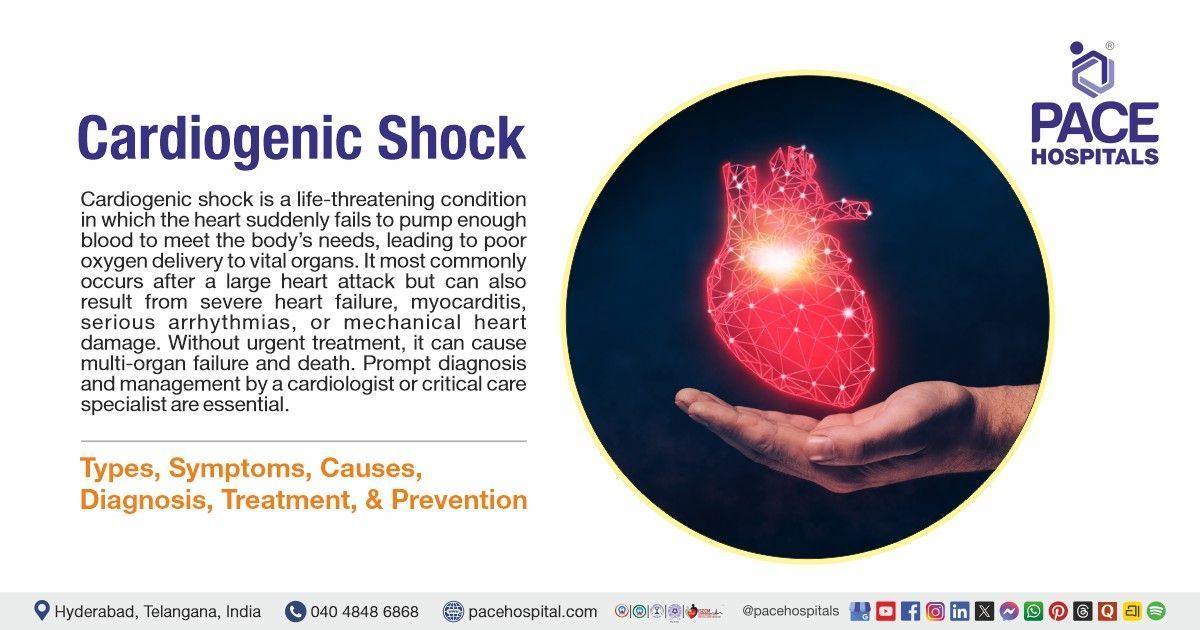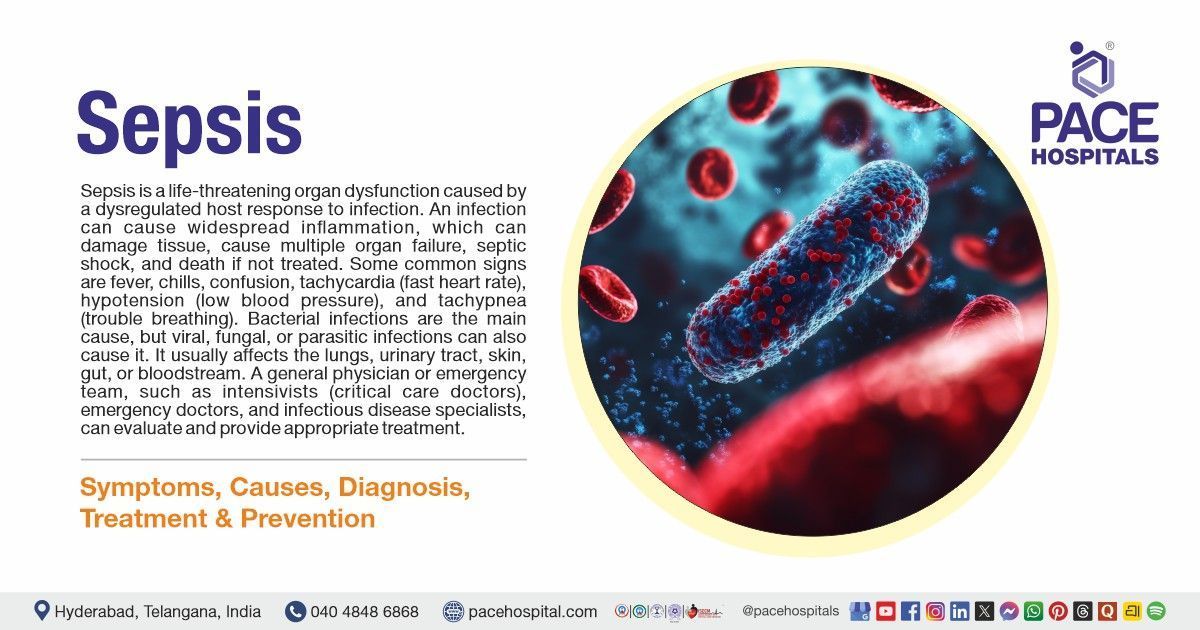Protein loss in urine (Proteinuria) - Symptoms, Causes and Treatment
PACE Hospitals
The main protein of your blood is called albumin. Proteins have many important functions in the body, such as contributing to the construction of bones and muscles, preventing infection and control the amount of liquid in the blood.
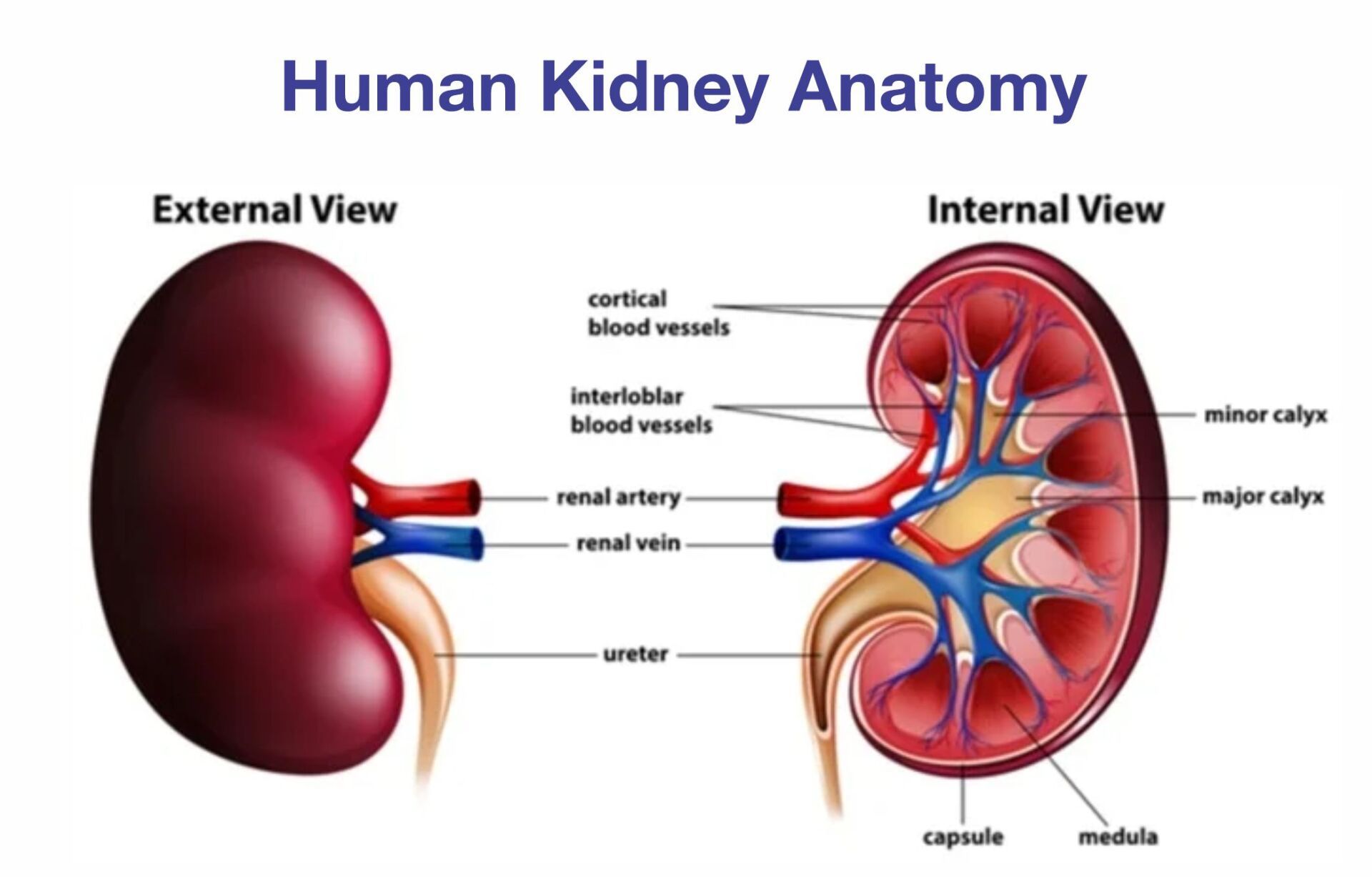
Each normal kidney has around one million functioning units called nephrons. Each nephron has a filtering unit called glomerulus, in which the blood gets filtered, and a filtrate is produced. Nephron also has tube like parts called tubules which absorb and secrete urinary components from the filtrate and ultimately urine is produced which is excreted. Protein in the urine called proteinuria is one of the important signs of kidney disease.
Healthy kidneys eliminate excess liquid and waste from your food, but allow proteins and other important nutrients to pass and return to your bloodstream. When the kidneys work as well as they should, they can leave some proteins (albumin) escape their filters in the urine. When you have protein in your urine, it is called proteinuria (or albuminuria). Having a protein in your urine can be a sign of nephrotic syndrome or early development of renal disease.
Anyone can develop proteinuria. You may have a higher risk if you have one or more of the risk factors for renal disease, such as:
- Diabetes
- Hypertension
- Family history of renal disease
Is protein normally found in urine?
If we take a normal kidney, around 180 liters of filtrate in produced from plasma (liquid component of blood) in a whole day. The amount of plasma filtered to produce 180 Liters of filtrate has around 10 kg of protein. However, only 0.01% or 1 gram of protein passes into the filtrate at the glomerulus. This is because of the “filtration barrier “inside the glomerulus, which restricts passage of large molecules like albumin in the urine and allows the passage of water and small solvents. Because of the filtration barrier, only small amounts of albumin is passed in the urine. Small molecules called low molecular weight (LMW) proteins easily pass the filtration barrier into the filtrate. The filtered load of these small molecules is less and ultimately are excreted in even lesser amounts because the LMW proteins are again reabsorbed by kidney tubules. There are also small amounts of proteins in the urine which are not filtered but directly secreted into the urine in the kidney (e.g. Tamm-Horsfall protein).
How much protein in urine is normal?
The proteins which are found in the urine are two main groups: proteins from plasma (mainly albumin, though in small amounts) and proteins that secreted from the tubules in the kidney. Combined together less than 150 mg of protein is excreted per day in the urine of which albumin is less than 30 mg per day.
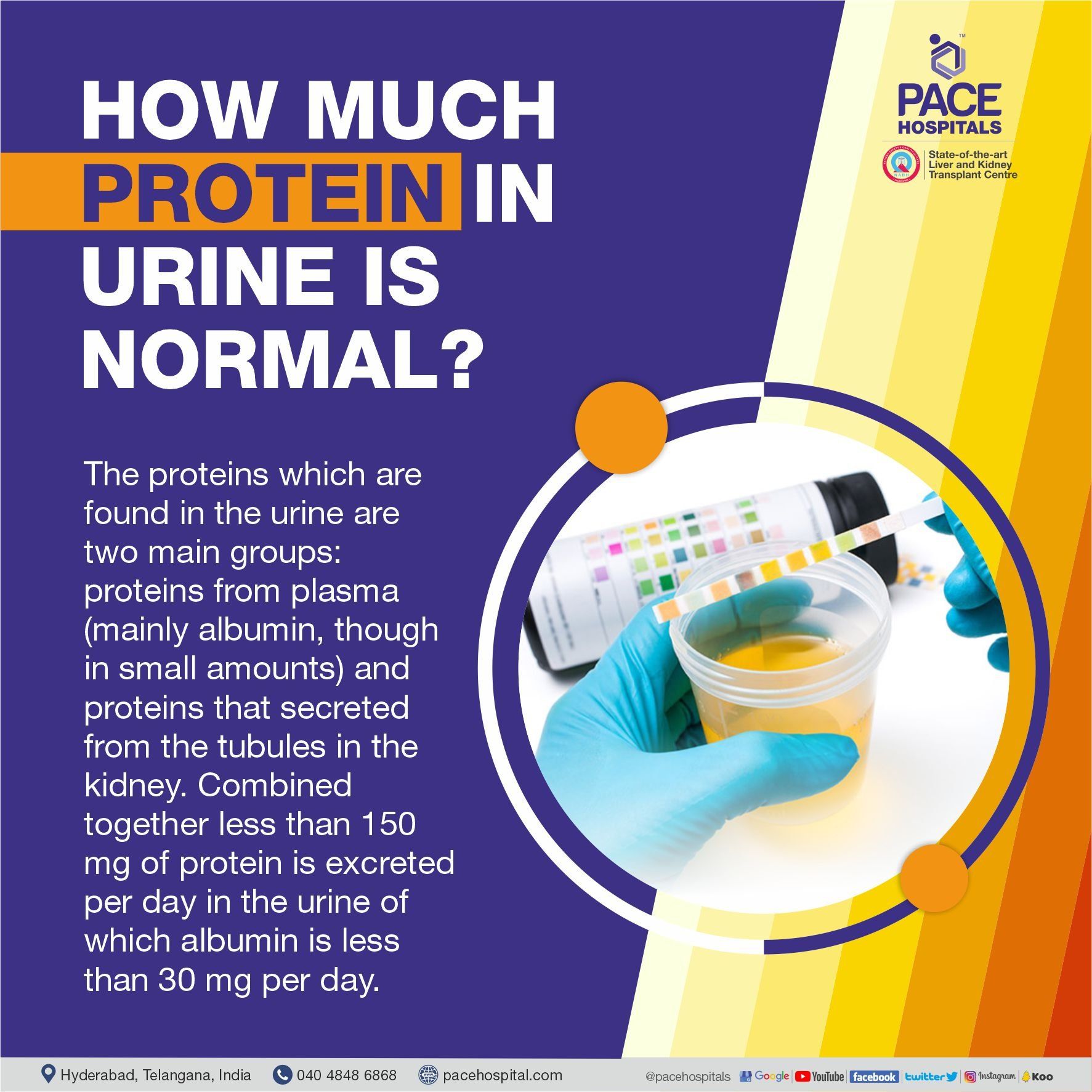
Types of proteinuria
There are mainly 4 (four) of proteinuria, which are as follows:
- Glomerular: In this category, there is damage to the filtration barrier. These types of diseases are called glomerular diseases of kidney, as the damage is in the glomerulus of kidney. Because of the damage to filtration barrier large molecules pass into the urine of which albumin is the main component. It generally leads to urine protein level of >1gram per day.
- Tubular: In this type there is damage or dysfunction of tubules of nephron where reabsorption of LMW proteins take place. Because of loss of this function, higher amounts of LMW proteins are found in the urine
- Overflow: Tubules in the kidney have limited capacity to absorb proteins filtered at the filtration barrier. If there is enormous amount of protein produced in the body due to any specific condition (e.g. myeloma) it can overwhelm the resorptive capacity of tubules and leak in the urine. This can occur with small size proteins specifically.
- Post renal: Sometimes small amounts of protein can be excreted in the urine if there is urinary tract infection or stones. The protein found here is not albumin rather immunoglobulins (proteins produced by white blood cells which are present because of infection).
Categories of proteinuria
The following are the categories of proteinuria based on the amount passed in urine.
- Normal: albumin excretion rate is <30 mg/day and protein excretion rate is <150 mg/day.
- Moderately increased: albumin excretion rate is 30-300 mg/day and protein excretion rate is 150-500 mg/day.
- Severely increased: albumin excretion rate is >300 mg/day and protein excretion rate is >500 mg/day.
- Nephrotic range proteinuria: If the proteinuria is >3.5 grams per day.
Fluctuations in protein excretion
The following conditions can cause transient increase in protein excretion:
- Urinary tract infection
- Hematuria (blood in urine)
- High dietary protein intake
- High-intensity exercise (proteinuria can last 24 to 48 hours)
- Congestive cardiac failure
- Menstruation or vaginal discharge
- Drugs (e.g., nonsteroidal anti-inflammatory drugs)
- Upright posture
Proteinuria can be seen in otherwise healthy young adults because of upright posture. This is called postural proteinuria, which is usually less than 1 gram/day. In this condition, random sample of urine shows protein but first morning sample of urine (after being in lying down position at night) does not show any protein. This condition is benign and does not denote a kidney disease. Normal people and those with chronic kidney disease (CKD) have diurnal variation in excretion of protein. At night, protein excretion is lower and less variable than in daytime. Samples taken at first void in the morning are more likely to accurately predict 24-hour protein and albumin excretion.
How can I know if I have protein in my urine?
When your kidneys start having problems and you do not have a lot of protein in your urine, you will not feel symptoms. The only way to know if you have protein in your urine, it is to have a urine analysis. The urine protein test measures the amount of albumin in your urine, compared to the amount of creatinine in your urine.
When renal damage is worsening and large amounts of protein through the urine, the following symptoms may be observed:
- Foaming or sparkling urine when using the bathroom
- Swelling in the hands, feet, abdomen or face
If you have any of these symptoms, the damage caused to your kidneys can be serious. Talk to your doctor immediately on what can cause your symptoms and what treatment is the best for your situation.
Diagnosis / testing of Proteinuria
Routine complete urine examination test uses a multireagent dipstick for screening of protein in the urine. It is low cost, widely available and provides rapid point of care information. These dipstick reagents have a pH-sensitive colorimetric indicator which changes color when proteins bind to it. Based on the color, amount of proteinuria is estimated in a semiquantitative way (reported as trace/+/++/+++). These dipsticks predominantly detect albumin and likely to miss non albumin and small LMW proteins. Very dilute urine can give false negative result and very concentrated urine can give false positive result. Blood in the urine can also give a false positive result, which is generally seen in menstruating women if the urine sample is collected during days of menstrual bleeding.
Proteinuria repeatedly positive on dipstick needs to be quantified which can be done by 24-hour urine total protein or albumin quantification (gold standard) for which urine is to be collected over 24 hours.
Is 24-hour urine collection compulsory for proteinuria testing?
24-hour urine collection is gold standard for measuring protein excretion. The major problem with this method is the inaccurate urine collection because it can be cumbersome to do. Random or spot specimens for urinary protein alone are often inaccurate because of the patient hydration status leading to concentration change in the urine and also day to night variation in the protein excretion.
To address these issues of urinary concentration and variation of protein excretion ration Protein Creatinine Ratio (PCR) and Albumin Creatinine Ratio (ACR) are used. They are derived by dividing urine protein concentration by urine creatinine concentration is same sample. This takes care of urine concentration problem and early morning first void sample is taken to address the diurnal variation in protein excretion. Overall PCR and ACR values can give reasonably reliable information to doctors and easy to do for the patients.
Importance of proteinuria in relation to health and Kidney
- It is one of the important components of workup for CKD, Acute Kidney Injury (AKI), hematuria (blood in urine) and hypertension in pregnancy
- It is usually an early marker of kidney disease even before any abnormalities of other tests of kidney disease are seen like raise in creatinine value in the blood
- Protein in the urine is associated with hypertension, obesity and heart disease
- High levels of protein in urine can predict rapid worsening of disease in patients with diabetes and CKD
- Filtered protein the urine as such can contribute to the kidney disease worsening
- Protein level in the urine can be monitored as a response to treatment in a variety of kidney diseases
- Therapies which lower protein level in urine can be protective to kidney
What to do next if protein is found in urine?
If protein is found on complete urine examination (via dipstick method) it needs to be reconfirmed by repeat testing. If there is persistent proteinuria found on complete urine examination and transient causes of protein excretion ruled out, then the amount of protein in the urine needs to be quantified and nephrologist consultation to be done for further evaluation and management.
Next steps in the management includes urine examination and microscopy to check for red blood cells in urine and estimation of kidney function (blood urea and serum creatinine measurement) along with ultrasound of kidneys and urinary bladder to look for their size and evidence of any infection or stones. Based on the information obtained after the above testing and clinical examination, kidney biopsy may be required for further identification of specific cause of proteinuria, which will guide the treatment further.
How is proteinuria treated?
If you have diabetes or arterial hypertension, the main causes of kidney disease, it is important to ensure that these conditions are controlled.
If you have diabetes, control this means that verifying your blood sugar level, take your medications as indicated by your doctor and maintain a healthy diet and exercise plan. If you have high blood pressure, your doctor will recommend you to take medications to reduce your blood pressure and protect your kidneys from additional damage.
If you have protein in your urine, but you do not have diabetes or high blood pressure, talk to your doctor to choose the best treatment for your situation.
Share on
Request an appointment
Fill in the appointment form or call us instantly to book a confirmed appointment with our super specialist at 04048486868

